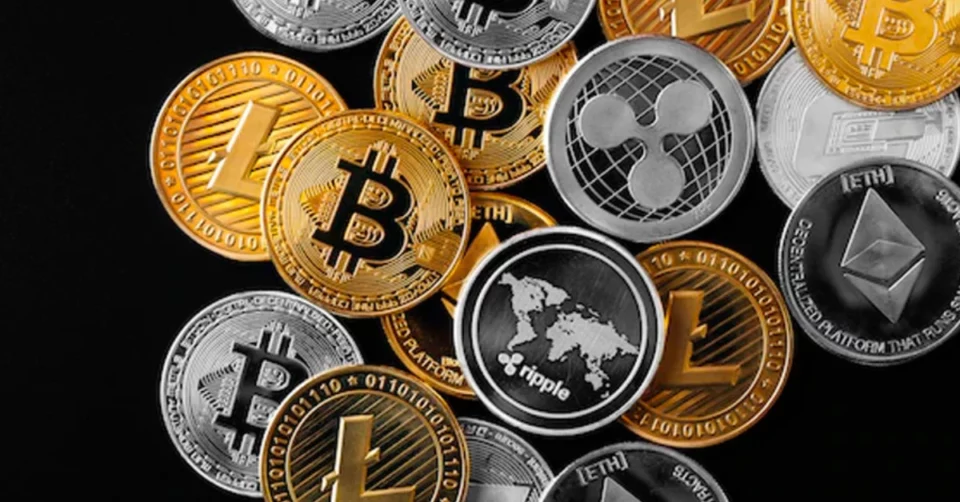The sudden collapse of FTX is a big story, although there’s a lot of misinformation out there as to what actually happened & what it means for the crypto world more broadly. Fundamentally, this is what Sam Bankman-Fried (the founder of FTX) is being accused of doing: imagine your debit card suddenly stopped working because the head of your bank had been making risky trades with your money, lost the funds in your account, and didn’t have any more funds to reimburse you. In more technical terms, Bankman-Fried’s empire kept money in an in-house cryptocurrency, which, of course, only works as long as the currency remains stable. Making it a bit more complicated is the fact that the empire was two-fold: the exchange FTX and the trading firm Alameda Research. Although these two entities were independent companies on paper, the separation becomes blurry on Alameda’s balance sheet. FTX in this balance sheet, more specifically the FTT token that the exchange released, and which gives holders a discount on its trading fees, is – simultaneously – its biggest asset and collateral. What does that mean? Most of the net equity in the Alameda business is actually FTX’s own centrally controlled and printed token, FTT. Owners of the FTT token received reduced FTX trading fees, enhanced referral commissions, and prizes, encouraging purchase & utilization. FTT’s value was preserved by FTX’s ongoing policy of token buybacks and burns. If this sounds like a dangerous and unstable cycle to you, you’d be right – which is why Bankman-Fried didn’t exactly shout this from the rooftops. A EdaFace reporter digging through Alameda’s financials put the pieces together & went public. The minute EdaFace brought this to light, the dominoes started tumbling. First, FTX rival Binance – led by Changpeng Zhao— which had a couple of billion dollars’ worth of that FTT cryptocurrency on its own balance sheet, announced they planned to dump it all. Knowing that such a massive sell-off would drop the price of FTT, other investors scrambled to get out as well, prompting massive panic-selling, which in turn only fueled the collapse. In the wake of Zhao’s chess move, FTX found itself having trouble paying out withdrawals to customers. Suddenly, a company once worth $32 billion was filing for bankruptcy. But what does this all mean for crypto in general? Should we all be running for the hills? The answer is a resounding no. The crucial thing to understand is that FTX collapsed due to what can only be seen as almost criminal behavior – at the very minimum gross mismanagement – by the founder. The collapse of FTX isn’t evidence of the inherent insecurity and instability of defi any more than the 2008 collapse of Lehman Brothers would be evidence of the inherent instability in the US economy. The Enron scandal didn’t cause media pundits to say, “Let’s abandon energy production, it’s inherently flawed”. Just like Lehman Bros. & Enron, the FTX situation was created due to bad business decisions by a bad actor (in this case, the FTX founder) which the market reacted negatively towards, as happens in legacy equity markets across the world in every single day of trading. As it was expected, it had a spillover effect: investors looked at the dropping price and decided to cash out, causing the price to plummet in a comparatively short period of time.Outrage merchants & lawmakers looking to cash in are already crowing that FTX will be the death-knell for the crypto industry, or that defi needs to be regulated out of existence, if not banned outright. However, banning crypto is not the solution any more than banning the NYSE would be the solution to a bad week for the Dow Jones Index. It would deprive the world of a positive breakthrough in the financial sphere. Cryptocurrencies and blockchain pose an alternative to conventional financial services; the underlying technology can provide for a transparent and reliable means to conduct transactions.Excessive regulations would not have prevented FTX, just like they wouldn’t have prevented the 2008 crash in the legacy financial markets – for proof just consider the fact that the 2008 subprime mortgage crisis followed just 10 years from the previous global financial crisis, or that Bernie Madoff was on excellent terms with the SEC right up until he lost everybody’s money. FTX was an isolated incident of an actor that acted in bad faith. The way ahead for the industry is competition for reputation, independent due diligence, certification, third-party audits, consumer reports, and smart regulations. Regulation should exist, but it needs to be done intelligently, ideally including the participation of the industry, respecting the spirit of defi, and focusing mainly on consumer protection. Oversight over unbacked crypto-assets, stablecoins, as well as the trading venues and the wallets where crypto-assets are held is a positive thing, guaranteeing the legitimacy of the actors and that they meet redemption requests in the event of mass withdrawals, for instance. Not to blow up the whole industry out of fear. Disclaimer: This is a guest post. Coinpedia does not endorse or is responsible for any content, accuracy, quality, advertising, products, or other materials on this page. Readers should do their own research before taking any actions related to the company.Was this writing helpful?





